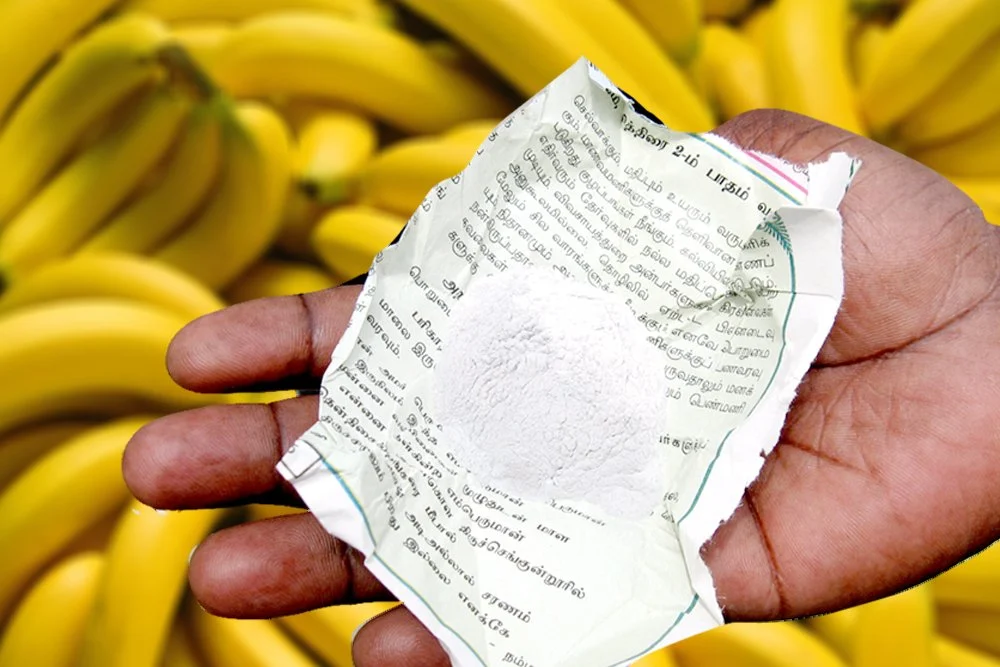Fresh concerns are emerging, particularly on social media, regarding the widespread use of carbide, a derivative of carbon, for fruit ripening in Nigeria. This issue comes at a time when developed nations are implementing stricter regulations to minimise carbon emissions. Calcium carbide, a greyish-black lump or crystalline chemical substance with a pungent odour reminiscent of garlic, is primarily intended for generating acetylene gas and is commonly employed in steel manufacturing and metal cutting. However, some fruit vendors, driven by the desire for quick profits, have allegedly resorted to using it for hastening the ripening process to meet market demands.
Oranges, mangoes, plantains, and bananas are among the common fruits subjected to carbide ripening, depriving them of the natural ripening process. This practice poses significant risks to public health, as highlighted by the Director-General of the National Agency for Food and Drug Administration and Control (NAFDAC), Mojisola Adeyeye, during a media sensitisation workshop in the South-South zone. Adeyeye cautioned against the dangers of consuming fruits ripened with calcium carbide, emphasising its alkaline nature, which can erode mucosal tissue in the abdominal region and disrupt intestinal functions. She further warned: “Consumption of fruits containing these impurities may cause cancer, heart, kidney and liver failure. They may also cause frequent thirst, irritation in mouth and nose, weakness, permanent skin damage, difficulty in swallowing, vomiting, skin ulcer and so on”, she said. It was added that the the impurities of using carbide for ripening are hazardous to pregnant women and children and may lead to “headache, dizziness, mood disturbances, mental confusion, memory loss, cerebral oedema (swelling in the brain caused by excessive fluids), sleepiness, and seizure”.
Unscrupulous traders, predominantly found in local food markets across Nigeria, are reported to be implicated in the illicit use of carbide for fruit ripening, prioritising profit over consumer health. Mangoes, in particular, are highly susceptible to artificial ripening, transitioning from green to an unnatural yellow hue within twenty-four hours. The root of this issue lies not only in the unethical practices of traders, but also in the lack of awareness among local fruit handlers, many of who may be unaware of the health consequences associated with carbide usage. Addressing this challenge requires concerted efforts to educate stakeholders about the dangers of artificial ripening agents and promote sustainable agricultural practices.
In light of mounting concerns and public outcry, NAFDAC should intensify efforts to address this issue, following the example set by Kenya in outlawing carbide usage and confiscating carbide-treated fruits from circulation. Furthermore, it is imperative to educate fruit traders and handlers, especially those operating in local markets, about the detrimental effects of carbide on human health. Alternative methods for fast fruit ripening, such as ethylene gas or controlled temperature environments, should be promoted to discourage the reliance on harmful substances like carbide.


